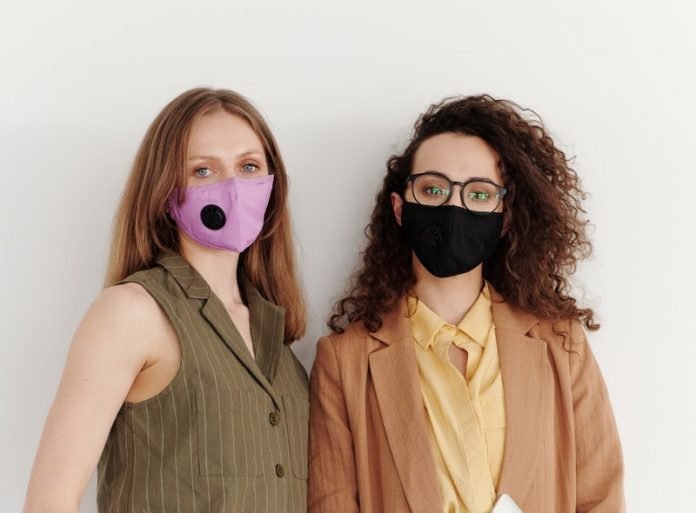
Immune cells in the lungs are important for the immune system’s recognition and fight against viruses.
But in a recent study, researchers found the virus that produces COVID-19 is not recognized by these cells, as the virus may hide its genomic material, and as a result, the cells’ immune system against the virus is not activated.
This may help explain why some people with COVID-19 are asymptomatic in the early stages of the disease.
The research was conducted by a team at Aarhus University in Denmark.
Researchers worldwide have been surprised to see that individuals can be infected with the SARS-CoV-2 virus – the virus that produces COVID-19 – without showing symptoms.
Since these people expose others to infection without knowing it, it is important to find an explanation and hopefully a solution to this.
On the inside of our lungs are specialized immune cells, called alveolar macrophages, which help maintain a healthy environment in the lungs.
The lungs contain a large number of alveolar macrophages, so they are probably also the first cell type an invading virus encounters.
When the body recognizes a viral infection, our immune system initiates the production of interferons.
SARS-CoV-2 is a respiratory virus that typically infects the outermost cell layer of the lungs, the epithelial layer.
Recent research found that interferon production in the infected epithelial cells can be inhibited by the SARS-CoV-2 virus.
This results in low interferon production and therefore also a limited activation of the immune system to fight against the virus.
In the study, the team set out to examine how these important cells react to the SARS-CoV-2 virus.
They isolated the macrophages from lung lavage and examined the activation of the immune system in these cells when they encounter the SARS-CoV-2 virus.
They found that macrophages effectively produce interferons when infected with known viruses, such as influenza.
But there was no interferon production in the cells when the alveolar macrophages were exposed to the SARS-CoV-2 virus.
These results suggest that the SARS-CoV-2 virus may hide its genomic material from being recognized in the alveolar macrophages, thereby not inducing the production of interferons.
This is why there will be no activation of the immune system in the early stages of a SARS-CoV-2 infection, allowing the virus to spread further in the community before symptoms occur.
However, more research is needed to understand how SARS-CoV-2 can avoid being recognized by the immune system.
One author of the study is Louise Dalskov.
The study is published in EMBO Reports.
Copyright © 2020 Knowridge Science Report. All rights reserved.



